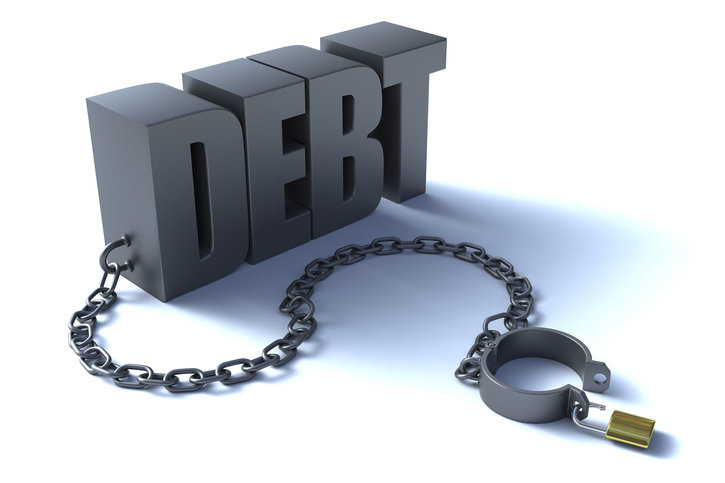
It’s tempting to bury your head in the sand when it comes to debt. But, as we all know, those credit card bills are only going one way and the banks aren’t going to forget about the loans you are struggling to repay. While most of us will worry about debt at some point, and it is normal to carry a reasonable amount of debt, the credit crunch and the recession that followed put the squeeze on many households and the pressure was too much to bear for some. But help is at hand. What follows is a simple guide, and remember that professional advice is available. Many countries have services and charities that offer free debt advice (you can follow the links at the bottom of this page for further information about the help that is available in your country).
Consolidate
Juggling three credit card bills, two personal loans, a car loan, a store card and a credit union loan might sound like an exaggeration, but many of us have multiple sources of debt. While taking out another loan to pay them all off is hardly going to make your troubles go away, it will at least make it cheaper and easier to organize. Half the battle when you are struggling with debt is facing up to the problem. Taking all of those small loans and turning them into one payment that can be made each month through a direct debit or standing order from your bank will allow you to take stock, plan more effectively and feel more in control of your finances. It can radically decrease the whopping interest rates you are paying on your credit card debt.
Budget
Your mother was right. If you live within your means you will stay out of trouble. It is common sense but how many of us make a budget every month? There are tools online to assist you with this task, so you don’t have to put too much brain power into it. Also, once you’ve calculated how much money you spend buying lunch every day you might suddenly be inspired to invest in some Tupperware and start rustling up a sandwich in the morning. There are savings to be made from switching energy and utility suppliers, cutting down on luxuries like coffee (yes, coffee – we spend a fortune on it!) and daytime snacks, and reigning in expenditure on clothes. It doesn’t have to be poverty row to make a difference.
Communicate
I once owed 50 cent to a child in school and spent about two years avoiding him, so I am being a bit hypocritical here: communicate with your creditors. If the repayments stop and you won’t answer your phone, what other recourse does the lender have than to take you to court? If you can’t afford to pay, make the call and have a chat with someone at the bank. They may be able to offer you an alternative product that can assist you, or they may help you refinance the loan if the amount is unsustainable or your circumstances have changed (for example, you’ve lost your job). Approach the debt as a problem to be solved for both you and the bank.
Prioritize
If possible, it is always better to tackle the credit card debt as soon as possible as it is building up interest at an alarming rate. However, you also must consider your basic needs. If you have fallen behind in your utilities this will have to be addressed, as you can’t live without them. Even more important is the roof over your head. Any slippage on mortgage or rent payments can very quickly turn into a slide that can’t be stopped. A debt advisor will be able to help you to identify priorities so you can keep the lights turned on.
Get help
There is assistance available no matter where you are. In the United States, the National Foundation for Credit Counselling maintains a database of accredited counselors. In the UK, start with the National Debtline who will be able to put you in touch with someone locally if necessary. In Canada, the Credit Counselling Society is a Non-Profit organization with over twenty outlets across the country. Australia has the National Debt Helpline. In New Zealand, Sorted is the government debt advice website with links galore. Ireland has MABS, the Money Advice and Budgeting Service.





